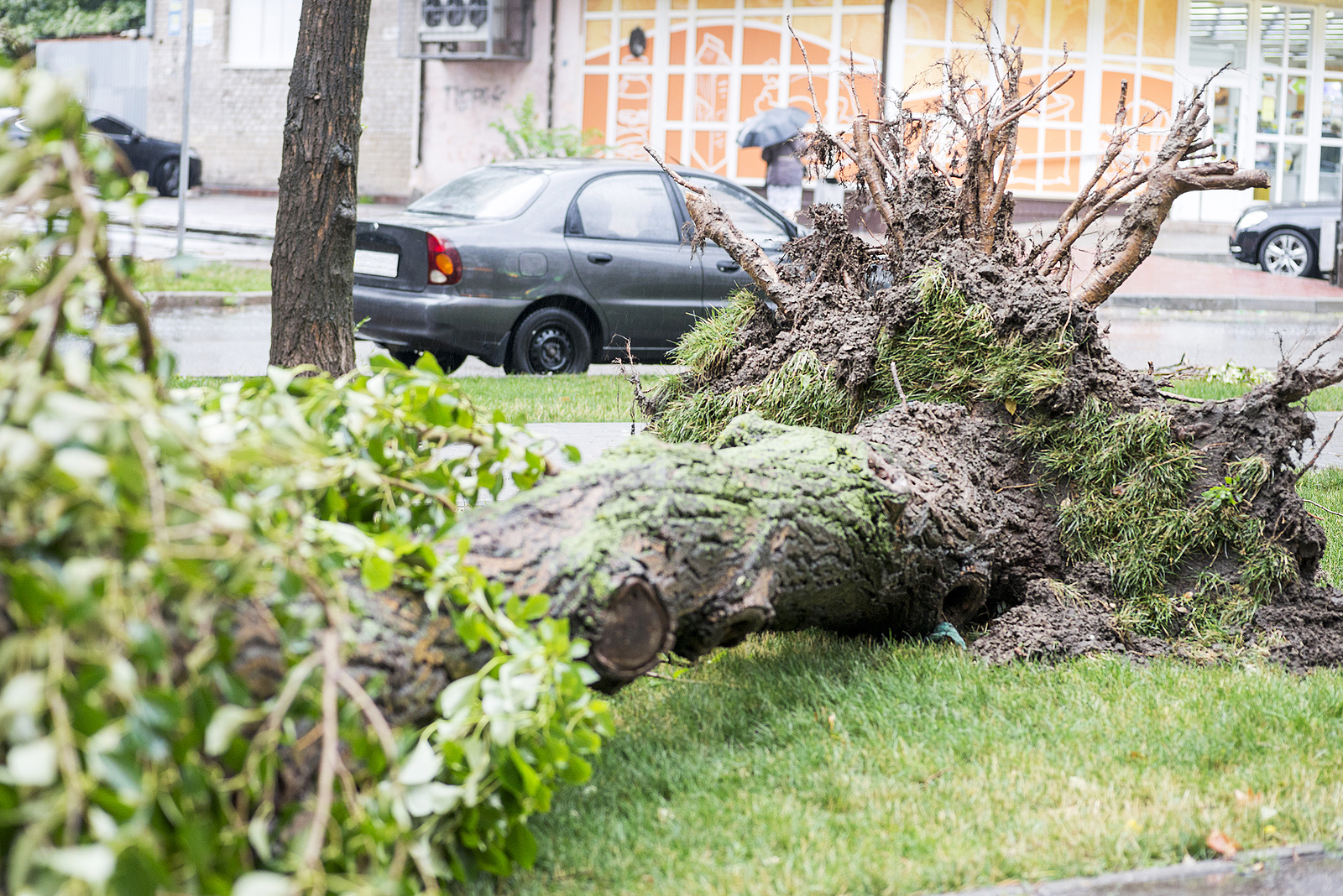Cities play an important role in the emergency management and homeland security structure in the state of Iowa. All disasters have a local component, so it is an important responsibility of local government to prepare for and be capable of responding when disaster strikes.
Structure of Local Emergency Management in Iowa
Local response and preparedness is governed by countywide Emergency Management Commissions. Created by Code of Iowa Chapter 29C, these commissions function as a cooperative effort of the city and the county. Commission members include the mayors of all cities within the county (or their appointed representative), a member of the County Board of Supervisors (or their appointed representative) and the county sheriff (or their appointed representative). The commission hires an Emergency Management Coordinator and also acts as the policy making body in the area of emergency management. The commission and the coordinator together serve as the critical link to integrate local, state and federal resources before, during and after disasters.
Role of Local Officials
While efforts are coordinated on a countywide basis, local officials should also take a proactive approach in preparing for natural or man-made disasters. Get involved, ask questions and push for excellence in your emergency management program both at the county level and also locally to protect the interest of your citizens. Take part in local planning efforts, research ways to mitigate potential damages from known or unknown threats and attend trainings whenever possible.
National Incident Management System (NIMS)
NIMS is intended to provide a framework for local, state and federal governments to work together to respond to any domestic hazard, whether a natural disaster or terror incident. NIMS compliance is required in order to receive federal preparedness dollars. There are various actions cities need to take to become fully compliant with NIMS including numerous training requirements. Cities should seek the advice of their Emergency Management Coordinator to determine who should take these courses and identify those who have a part to play in an incident response. In some instances, this may include city managers, city clerks or elected officials if they play a role in the emergency response plan.
National Flood Insurance Program (NFIP)
Although on a federal level participation in the NFIP is optional, a bill was passed during the 2009 Iowa legislative session that requires all cities with flood hazard areas within their boundaries to participate in the NFIP. Cities without flood hazard areas are not required to enter into the program.
When a city becomes a member of the NFIP, it makes citizens, business owners and the city eligible to purchase flood insurance. Flood insurance can then be purchased through the NFIP or through a private insurance company or agent. It also includes the adoption of “corrective and preventative measures for reducing flood damage.” These measures take a variety of forms and generally include requirements for mapping, zoning, subdivision or building and special-purpose floodplain ordinances.
The Iowa Statewide Interoperable Communications System Board (ISICSB)
In times of disaster, it is important for first responders to be able to talk to one another through radio and other communication devices. ISICSB was created in 2007 as a mechanism to develop and implement policy related to interoperability efforts at the state and local level.






